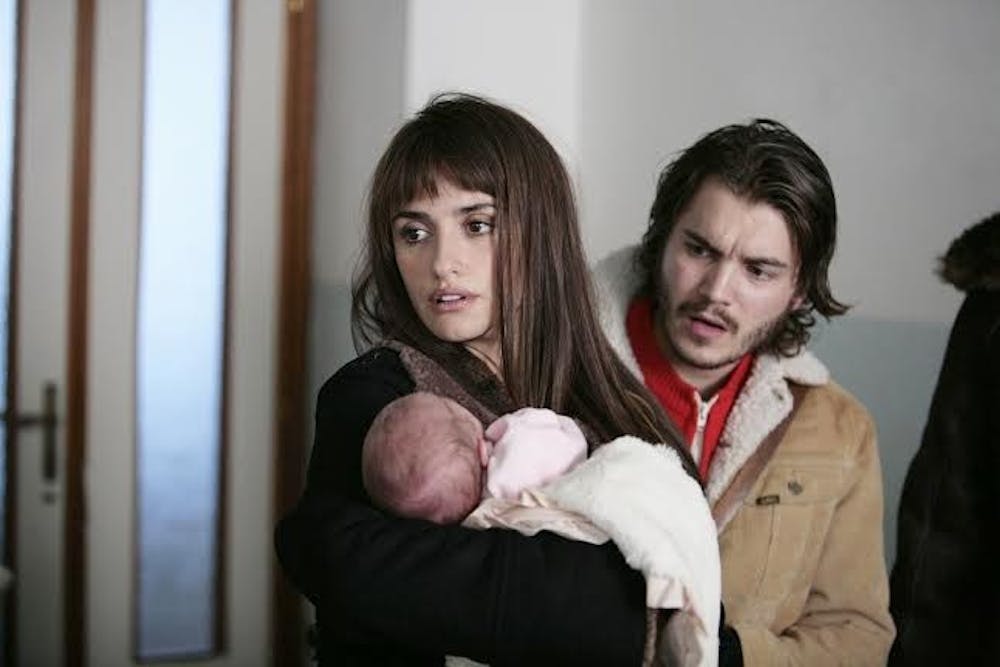“Twice Born” is a drama set in a series of beautiful locations about people discovering the beauty of love, motherhood and forgiveness in the middle of the Bosnian War’s Siege of Sarajevo.
There are a few problems, however, with this cinematic ode to sweeping violins, flashback narration and endless, impossibly blue shots of the ocean.
The primary setting of the location—one which drives the heart of much of the drama—feels trite and, at times, even tasteless. Numerous scenes of gory, corpse–covered streets often seem deliberately exploitative and do little to advance the plot. Meanwhile, the lovers supposedly caught in the middle of the war, Gemma and Diego (Penelope Cruz and Emile Hersch) have so little chemistry that it’s no wonder Gemma wants a child so badly—God knows there are few other manifestations of their supposed heart–wrenching love. Oftentimes, the supporting characters—Pietro, caught in the unshakable grip of the adolescent angst we all know too well and acted brilliantly by Pietro Castellitto; a gruff, lovable artist named Gjoco; a gorgeous musician sporting grown-out roots, a Kurt Cobain shirt and an attitude to match—steal the scene.
The film follows Gemma’s increasing desperation to have a child and the measures she is willing to go to in order to succeed, even as the war explodes around them and Sarajevo crumbles. But it’s not until the final act when the viewer actually begins to care about the characters’ fates—when Gemma is forced to confront the possibility that she sacrificed love for the child she wanted so desperately; when Diego is shaken out of his happy–go–lucky, boyish front; when identity and family and war collide in a haunting final flashback.
The film’s ending is legitimately moving because it takes the characters and forces them out of the stupor they inhabit for most of the film. Unfortunately, by that point, my movie–watching experience had pretty much disintegrated into wishing I was watching “Romeo and Juliet in Sarajevo,” a far better film about romance in wartime, and getting nostalgic about Emile Hirsch’s “Into the Wild” (read: better–looking) days.
Grade: C
Rating & Runtime: R, 127 mins.See If You Liked: “Dear John”

